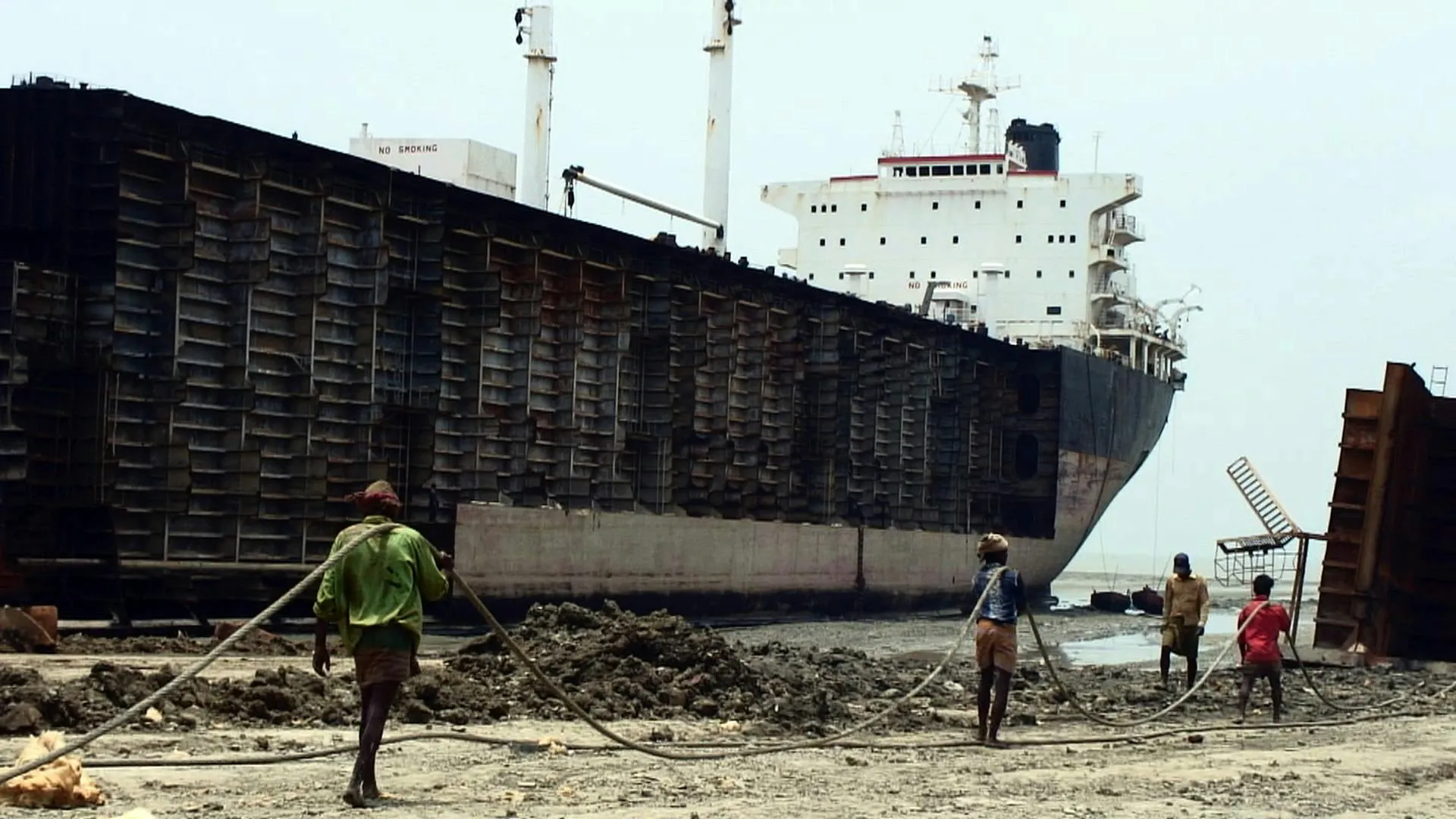Activism and Energy Security in the Pakistan-China Corridor amidst Financial and Security Concerns

Challenges Facing the Corridor Initiative
Recent attacks in Pakistan's Balochistan province spotlight challenges concerning the China-Pakistan Economic Corridor. Security risks have escalated, impacting investment prospects and raising questions about governance and energy security.
Coal and Electricity Dynamics
With coal playing a significant role, the initiative brings forth the necessity of balancing fossil fuels with sustainable energy solutions. Local activists argue that electricity generated through these projects may not benefit rural communities, leading to increased inequality.
International Cooperation and Financing
- Investment sources must pivot towards sustainable finance.
- Financing frameworks need to adapt to address poverty and water security in affected regions.
- Trade agreements should promote energy security while minimizing environmental impacts.
Impacts on Livelihoods
The initiative aims to electrify rural areas but faces resistance due to environmental concerns. Sustainable governance practices are essential for protecting local communities and ensuring job creation. The potential impacts on livelihoods must be considered in future planning.
Conclusion: A Call for Strategic Planning
Long-term strategies that prioritize international cooperation over unilateral actions may yield better outcomes for the corridor project, enriching both China and Pakistan while fostering improvements in energy access and community welfare.
This article was prepared using information from open sources in accordance with the principles of Ethical Policy. The editorial team is not responsible for absolute accuracy, as it relies on data from the sources referenced.